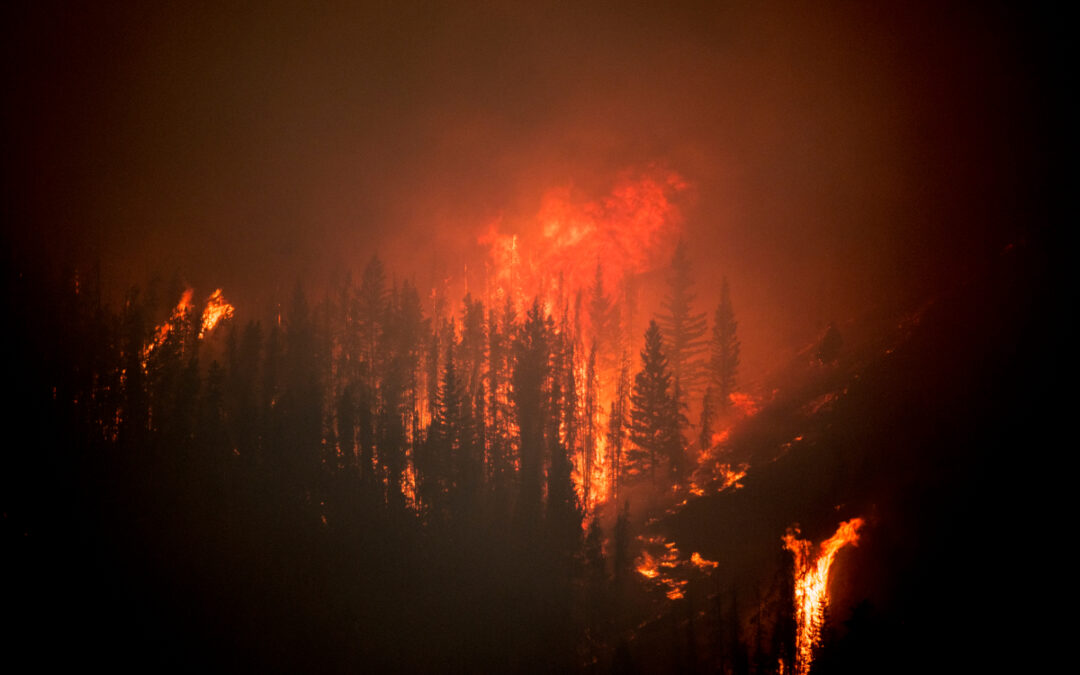By Andrea Pelletier and Bethany Daman
Emissions data for Manitoba were just released via the National Inventory Report, once again highlighting the reality that our province is falling behind in the global race to net zero. Manitoba and Alberta are the only Canadian provinces whose emissions have not decreased below 2005 levels — the baseline year used to track progress.
This news is alarming given the negative human impacts of climate change, which we are witnessing first-hand as wildfires sweep across northern Manitoba. It’s true that weather patterns have changed over centuries, but there have never been recorded extremes at this speed or scale, a notion further proven after 2023 was the hottest year in recorded history.
Extreme weather events are costing Canadians billions of dollars, and people’s health is being impacted by extreme heat, increasing diseases, and poor air quality.
Global climate scientists are pleading with governments to make commitments related to emission reduction, noting that our lives and livelihoods are on the line. Their recommendations have been clear: policymakers need to do everything possible to contribute to a 45 per cent reduction in emissions by 2030 (below 2005 levels) and net zero by 2050.
The recently released National Inventory Report reveals that Manitoba’s emissions are sitting at 4.8 per cent above 2005 levels.
If our newly elected government is as serious about affordability and health care as they say, they need to start considering the effects — both short and long-term — of our reliance on high-emitting energy sources such as fossil (natural) gas for heating and fuel for transportation.
Increased investment in electrified, shared transportation would mean Manitobans could affordably get to work, appointments, and family visits without burning fossil fuels. Community-minded solutions like district geothermal heating would ensure that everyone’s homes were reliably heated without the use of fossil fuels (while also having built-in central cooling). Investment in low-carbon, local food systems would mean increased access to nutrient-dense food while supporting farmers here in Manitoba.
Everyone witnesses the increasing droughts, floods, pests, heat waves, and wildfires happening from coast to coast, a sign that our environment is stressed and at a breaking point. The ecosystem is not healthy, and that means we are not healthy.
Concerned Manitobans, organizations, and coalitions are responding by doing everything they can to contribute to emission reduction. But it’s nearly impossible for individuals to take this challenge on themselves. For a lot of Manitobans, making their home more energy efficient is out of reach. Many people don’t have access to safe, affordable, shared transportation options. And local food grown using low-carbon systems is inaccessible for countless families in our province.
We need widespread government support. Our policymakers must understand that every decision that does not contribute to emission reduction targets, such as cutting the gas tax instead of investing in public transportation or committing to geothermal without allocating any money in the budget to make it happen, puts us further behind in global net-zero efforts.
Any more half-baked measures will fully bake us in heat waves and wildfires.
Originally published in the Winnipeg Free Press on May 18, 2024
